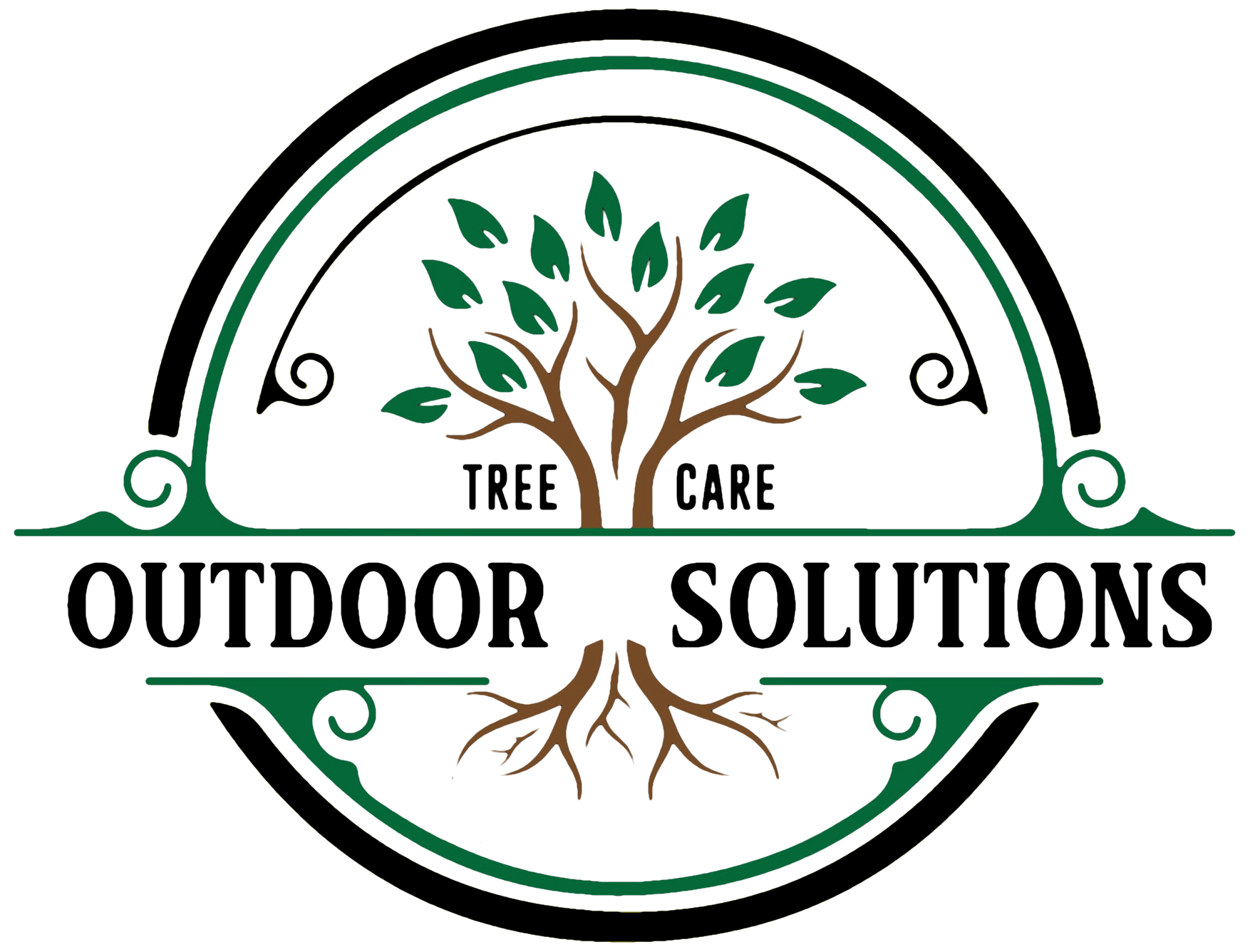
Tree Health Diagnosis
Advanced Tree Health Assessment
Disease & Pest Identification
Treatment Planning & Prevention

Professional Tree and
Landscaping Services
in the Boise Area
Professional Tree and Landscaping Services in the Boise Area
Expert Tree Care
Tree & Plant Removal
Water-Saving Xeriscape
Landscaping Solutions
Professional Tree and
Landscaping Services
in the Boise Area
Professional Tree Health Diagnosis Service in Boise, Idaho
As a certified arborist with over 18 years of experience serving the Boise metro area, I've learned that most tree problems are like icebergs – the visible symptoms represent only a fraction of what's actually happening beneath the surface. Last autumn, I was called to examine a row of blue spruces in Garden City that were showing mysterious needle drop and branch dieback. The homeowner assumed they were dying from drought stress, but my detailed assessment revealed a complex bark beetle infestation that had been progressing undetected for two growing seasons.
Early detection saved those trees from becoming total losses, requiring only targeted treatment instead of expensive removal and replacement. At Idaho Outdoor Solutions, we approach tree health diagnosis like medical detectives, using advanced diagnostic tools and techniques to identify problems in their earliest stages when treatment options are most effective and affordable. Our comprehensive assessment services throughout the Treasure Valley help property owners make informed decisions about their landscape investments before minor issues become major expenses.
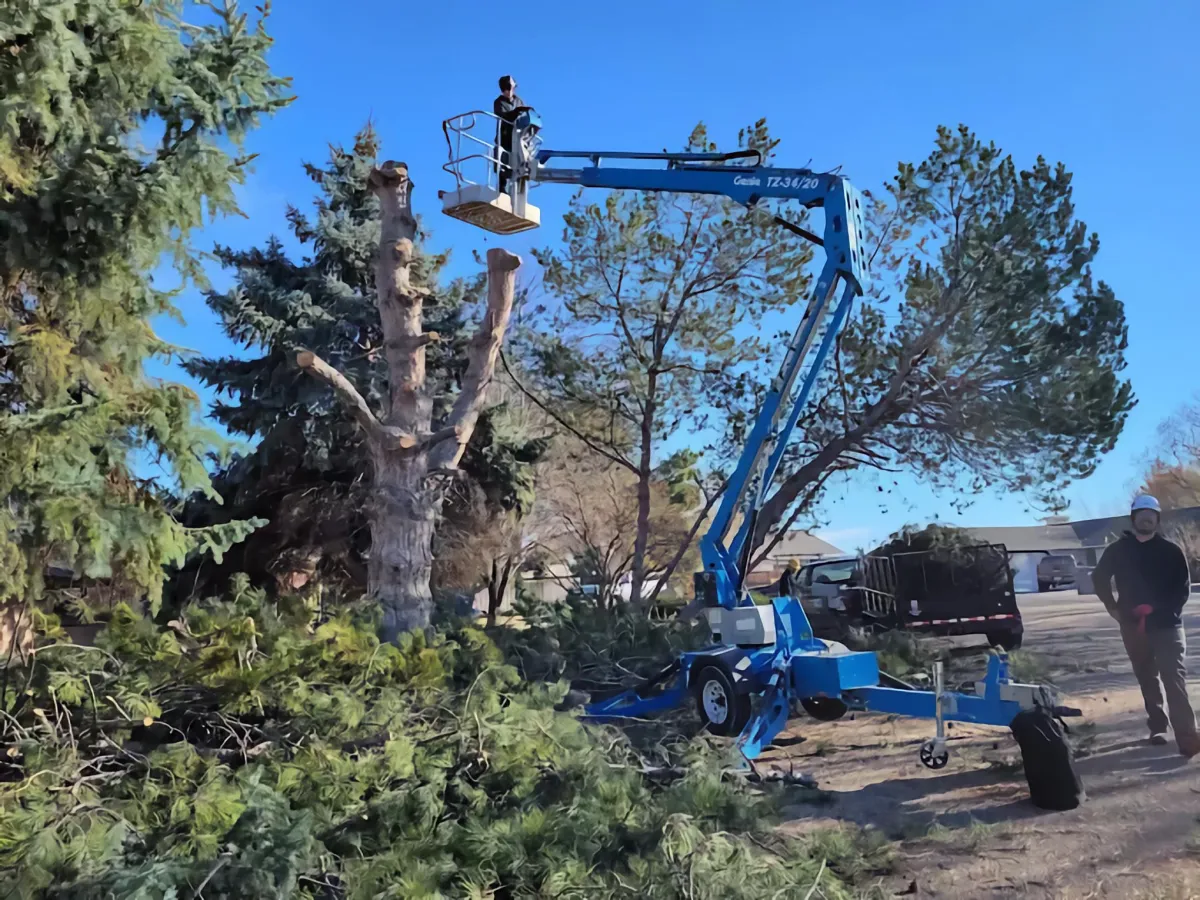
Understanding Tree Health in Idaho's Stressful Environment
Idaho's high desert climate creates a perfect storm of stress factors that challenge even the most resilient tree species, making early problem detection critical for maintaining healthy urban forests. Our extreme temperature fluctuations, periodic drought cycles, and alkaline soil conditions weaken tree immune systems and create opportunities for pest and disease problems that rarely occur in more moderate climates.
Many tree health problems develop slowly and invisibly for months or years before producing obvious symptoms. By the time homeowners notice yellowing leaves, branch dieback, or unusual growth patterns, underlying problems have often progressed beyond simple treatment options. Professional health assessment identifies these developing issues during stages when intervention can still be effective.
Stressed trees also become magnets for secondary problems that can quickly escalate from minor concerns to tree-killing infestations. Drought-weakened trees attract bark beetles, while trees struggling with root problems become vulnerable to fungal infections that healthy specimens easily resist. Understanding these disease progression patterns allows early intervention that prevents cascade failures.
Idaho's unique pest and disease complex requires specialized knowledge that general landscaping services rarely possess. Our endemic insects, soil-borne pathogens, and weather-related stress patterns create diagnostic challenges that demand extensive local experience and ongoing education. When diagnostic assessment reveals that trees cannot be saved, professional tree removal becomes necessary, but early detection often provides treatment alternatives.

Preventing Expensive Tree Losses Through Early Detection
The financial impact of losing mature trees extends far beyond replacement costs, affecting property values, energy efficiency, and landscape character that took decades to develop. Early health diagnosis prevents these losses by identifying treatable problems before they become irreversible, often saving property owners thousands of dollars in removal and replacement expenses.
Insurance considerations increasingly drive demand for professional tree health services as liability concerns mount around potentially hazardous trees. Many insurance companies now require documentation of tree health assessments for properties with large trees near structures, making professional diagnosis both a safety measure and risk management strategy.
Treatment effectiveness decreases dramatically as tree health problems progress, making early intervention far more cost-effective than crisis management. Fungal infections caught in early stages might require simple treatment applications, while advanced cases often demand expensive systemic treatments or result in total tree loss despite intervention efforts.
Property management companies and commercial property owners particularly benefit from scheduled health monitoring programs that identify developing problems before they threaten tenant safety or property functionality. Regular assessments allow budget planning for necessary treatments and help property managers make informed decisions about tree retention versus replacement. Sometimes assessment reveals that strategic tree transplanting can preserve valuable specimens while eliminating safety concerns.

OUR PROCESS:
Our Comprehensive Tree Health Evaluation System
Professional tree health diagnosis combines visual assessment techniques with advanced diagnostic tools to create detailed health profiles that guide treatment decisions and long-term management strategies. Our systematic approach ensures accurate problem identification and appropriate intervention recommendations.
1. Multi-Point Health Assessment and Environmental Analysis
We conduct thorough evaluation of tree structure, foliage condition, root system health, and environmental stress factors that influence tree vitality. This assessment includes soil analysis, drainage evaluation, and microclimate factors that affect tree performance and disease susceptibility.
2. Advanced Diagnostic Testing and Problem Identification
Our diagnostic process uses specialized tools and techniques to identify pest infestations, disease organisms, and physiological disorders that may not be visible during standard inspections. We collect samples for laboratory analysis when necessary to confirm suspected problems and determine optimal treatment approaches.
3. Treatment Planning and Monitoring Protocol Development
Every diagnostic evaluation concludes with detailed treatment recommendations, implementation timelines, and ongoing monitoring protocols designed to restore tree health and prevent future problems. We provide written reports with photographic documentation and specific care instructions.
Don't Wait - Let Us Help You Today!
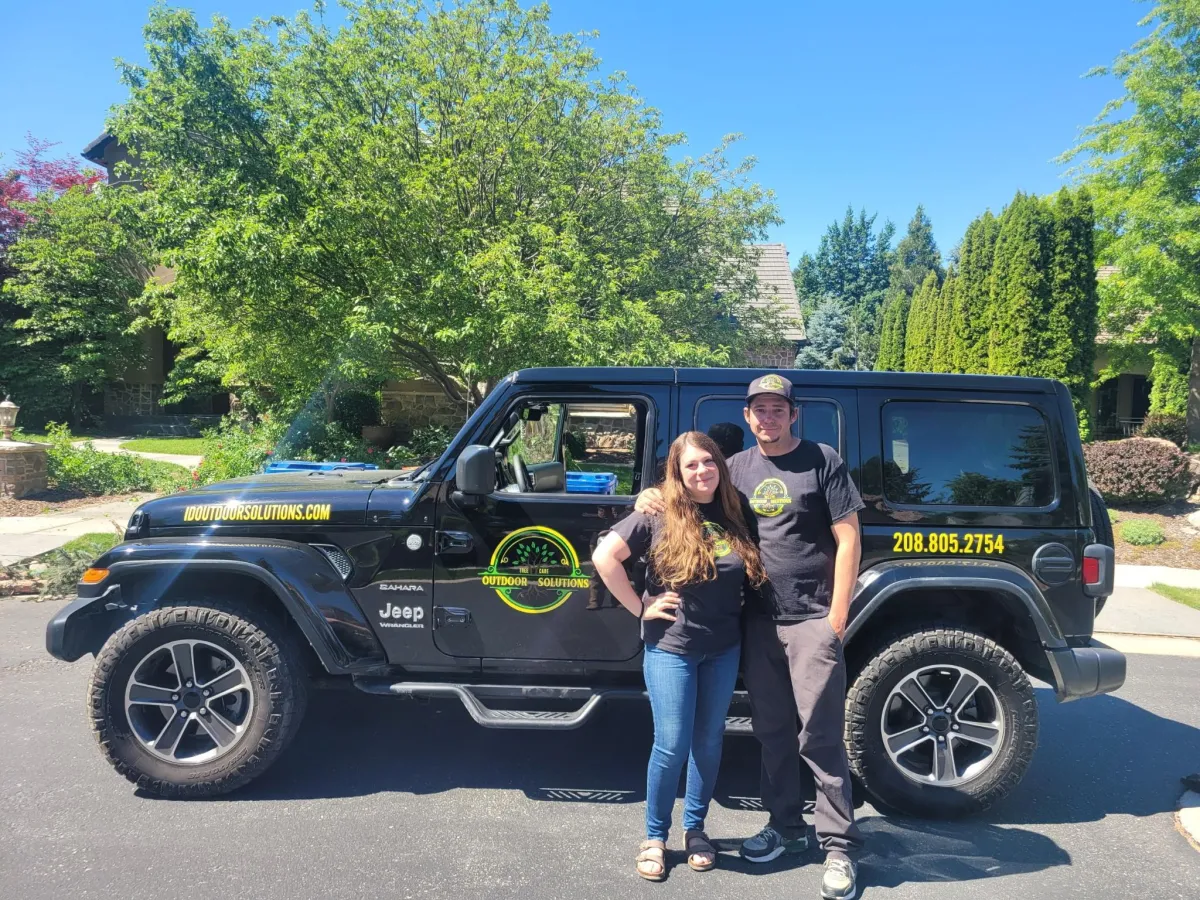
Tree Health Diagnosis Safety and Quality Standards
The Best in Tree AND Landscaping Services
Professional tree health assessment requires working at height and in close proximity to potentially diseased or pest-infested trees, creating exposure risks that demand appropriate safety protocols and protective equipment use throughout the evaluation process.
Our diagnostic equipment undergoes regular calibration and maintenance to ensure accurate readings and reliable performance during field assessments. We follow established protocols for sample collection, handling, and laboratory submission to ensure accurate diagnostic results.
Quality health assessment requires extensive training in tree pathology, entomology, and plant physiology to accurately interpret symptoms and identify underlying causes. We maintain current certifications and participate in ongoing education programs that keep our diagnostic skills current with emerging pest and disease issues.
Why Choose Idaho Outdoor Solutions for Tree Health Diagnosis
Advanced Diagnostic Capabilities and Local Expertise
Our specialized diagnostic equipment and extensive experience with Idaho tree health issues enable accurate problem identification and effective treatment recommendations for local growing conditions and pest complexes.
Comprehensive Health Assessment Services
We provide detailed evaluation of all factors affecting tree health, including soil conditions, environmental stressors, and management practices that influence long-term tree vitality and performance.
Integrated Treatment and Management Planning
Our diagnostic services coordinate with tree trimming and pruning recommendations and overall landscape health management to provide comprehensive tree care solutions.
Preventive Care and Monitoring Programs
We develop customized monitoring schedules and preventive care protocols that maintain tree health and identify developing problems before they require expensive emergency intervention.
Many diagnostic evaluations lead to recommendations for tree planting projects to replace declining specimens with more appropriate species selections for specific site conditions and management goals.
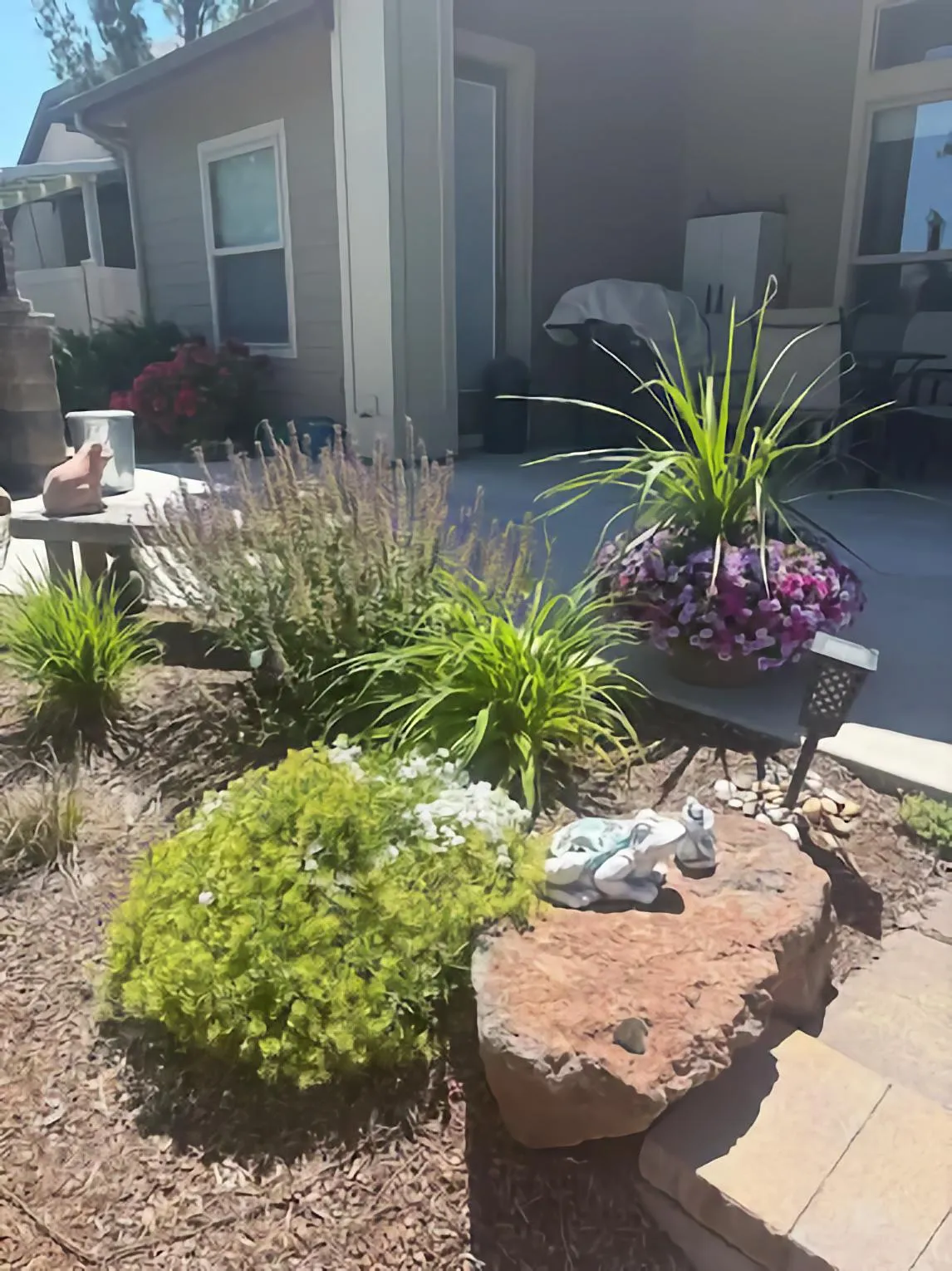
Tree Services
Comprehensive tree care solutions for every situation, from routine maintenance to emergency removal.
🌳 Tree Removal
✂️ Tree Trimming & Pruning
🪓 Tree Stump Removal
⚙️ Tree Stump Grinding
🔧 Tree Cabling & Bracing
🌱 Tree Planting
🚛 Tree Transplanting
🔬 Tree Health Diagnosis
Whether you're dealing with a dangerous tree threatening your home in Eagle or need expert pruning for mature trees in Meridian, we provide the skilled tree care that keeps your property safe and beautiful.
Landscaping Services
Creating beautiful, sustainable outdoor spaces that thrive in Idaho's high desert climate.
🎨 Landscape Design
🏗️ Landscape Installation
🌿 Lawn Care
🏡 Lawn Landscaping
🌳 Tree Landscaping
🏠 Yard Landscaping
🌵 Xeriscape Installation
From water-wise xeriscaping perfect for our climate to traditional lawn installations, we create outdoor spaces that enhance your property value while respecting our local environment and water resources.
Emergency & Debris Services
24/7 emergency response and comprehensive cleanup services for storm damage and hazardous situations.
🚨 24-Hour Emergency Tree Service
⛈️ Emergency Storm Damage Cleanup
🧹 Yard Debris Removal
🔥 Fire Mitigation Services
🛡️ Hazardous Tree Assessment
When Boise's unpredictable weather strikes, we're ready with emergency equipment and experienced crews to handle dangerous situations and restore your property quickly and safely.
F.A.Q
Frequently Asked Questions About Tree Health Diagnosis
When should I have my trees professionally assessed?
Schedule assessments when you notice unusual symptoms like leaf discoloration, branch dieback, or pest activity. Annual health evaluations are recommended for valuable mature trees, especially those near structures or under environmental stress.
What diagnostic tools do you use for tree health assessment?
We use resistograph testing for internal decay detection, soil analysis equipment, magnification tools for pest identification, and sampling techniques for laboratory analysis when needed for accurate diagnosis.
How much does professional tree health diagnosis cost?
Diagnostic fees vary based on assessment complexity and number of trees evaluated. Basic health assessments typically range from $150-400 per visit, while detailed diagnostic evaluations may cost $300-800 depending on testing requirements.
Can you diagnose tree problems remotely from photos?
While photos provide helpful preliminary information, accurate diagnosis requires hands-on evaluation of tree condition, soil factors, and environmental conditions that cannot be assessed remotely.
What happens if you find serious tree health problems?
We provide detailed treatment recommendations with cost estimates and success probabilities. Options may include targeted treatments, management modifications, or removal recommendations when trees cannot be saved safely.
Do you provide written reports for insurance purposes?
Yes, we provide comprehensive written reports with photographic documentation that meet insurance company requirements for tree health documentation and liability assessment.
How often should trees be reassessed after treatment?
Follow-up timing depends on specific problems and treatments applied. Most treated trees benefit from reassessment within 6-12 months to evaluate treatment effectiveness and adjust care protocols as needed.
Ready For Us To Do A Tree Health Diagnosis?
Don't wait for obvious symptoms to appear. Professional tree health diagnosis identifies problems early when treatment options are most effective and affordable.
Boise Tree Health Diagnosis Service Area
From our location at 7307 W Swift Lane in Boise, we provide professional tree health diagnosis and assessment services throughout the greater Boise metro area. We serve customers in Boise, Eagle, Garden City, Meridian, Nampa, and surrounding communities who need expert evaluation of tree health and treatment recommendations.
Whether you're concerned about declining trees in established neighborhoods throughout the Boise Foothills, need professional assessment for insurance purposes in Eagle, or require diagnostic evaluation for commercial properties in Meridian, our certified arborists provide detailed health assessments throughout Ada County and Canyon County.
Transforming Outdoor Spaces, One Yard at a Time.
Quick Links
Home
About Us
Services
Useful Links
Testimonials
FAQ's
Blog
